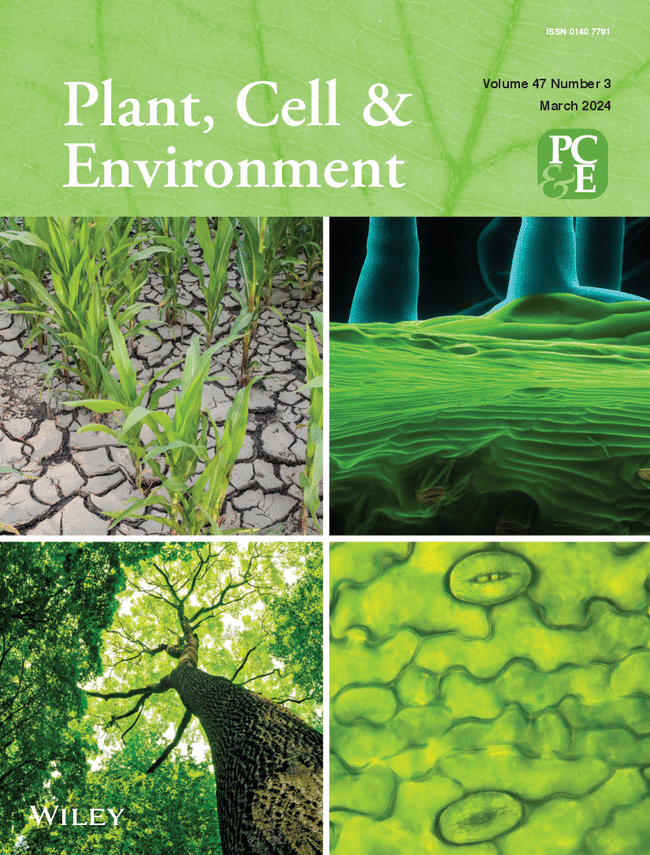PhNH10 Suppresses Low Temperature Tolerance in Petunia Through the Abscisic Acid‐Dependent Pathway
Abstract
Low-temperature stress limits plant growth, and reduces aesthetics of many ornamental plants. Plants have developed different adaptive mechanisms to cope with low-temperature stress, in which NAC transcription factor family members playing an important role in low-temperature tolerance. However, their roles in petunia in response to low temperature are still largely unknown. Here, we found that a NAC transcription factor, namely, PhNH10, negatively regulates low-temperature response in petunia. PhNH10-silenced and -CRISPR/Cas9 mutant plants displayed higher survival rate, anthocyanin content and abscisic acid concentration than PhNH10-overexpression and wild-type plants under low-temperature condition. PhNH10 can directly bind to the PhABA8ox promoter to active its expression, which further promotes the abscisic acid catabolism, while silencing of PhABA8ox increased the ABA concentration and low-temperature tolerance. In addition, PhNH10 interact with a low-temperature-related E2 ubiquitin-conjugating enzyme, PhUBC2-1, which in turn inhibited the binding capacity of PhNH10 on PhABA8ox promoter. Our research has elucidated an extensive mechanistic network underlying the PhNH10-mediated regulation of low-temperature response in petunia. This finding not only presents a new viewpoint in understanding the low-temperature tolerance mechanisms but also delineates a promising pathway for transgenic petunia with improved low-temperature resistance.





